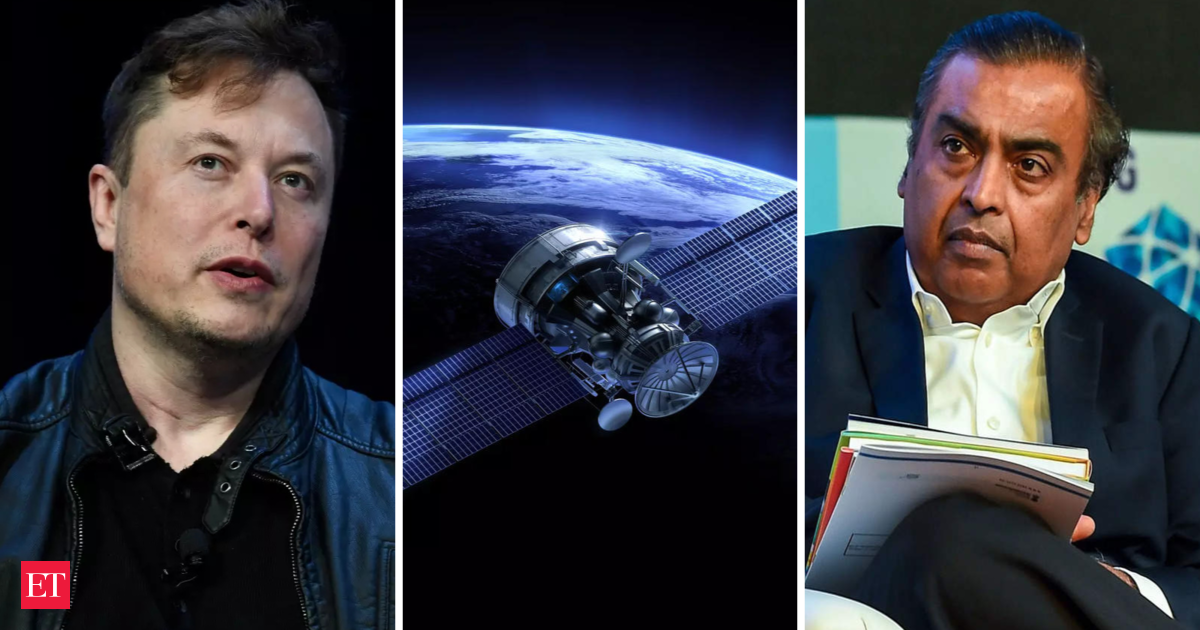Jeff Bezos-owned Kuiper is cautioning that pricey airwaves will force global satellite internet operators to target consumers in the South Asian nation’s urban areas, instead of the original aim of giving connectivity to remote regions.
Any shift in strategy to focus on urban centres would pit these global firms against Indian telecom firms such as Reliance Jio and Bharti Airtel.
Starlink on Friday reiterated its stance that spectrum for satellite services was a shared resource and cannot be auctioned, countering the demand from India’s largest telco Reliance Jio, owned by billionaire Mukesh Ambani.
Sunil Mittal-led Airtel is also proposing auction of spectrum if satellite communication (satcom) services are delivered to any part of the country, except the remote regions.
Speaking at the India Mobile Congress 2024, Starlink and Amazon Kuiper urged Indian authorities for a predictable policy environment and minimal government rules.Calls for Light-touch Regulation
They said this will enable them to offer broadband-from-space services in remote regions where deploying terrestrial communications infrastructure is not feasible.
Jio, in a joint venture with Luxembourg’s SES, and Bharti Groupbacked Eutelsat OneWeb will be vying with the likes of Starlink and Amazon Kuiper for a share of India’s nascent satcom market that holds immense growth potential.
OneWeb and Jio-SES combine are currently the only two entities to get all approvals and permits for offering satcom services in the country. Applications of others including Starlink and Amazon-Kuiper are pending with Indian authorities.
National space sector regulator IN-SPACe estimates India’s space economy to touch $44 billion by 2033, boosting its global share to about 8% from about 2% currently.
“Predictable policy is very important. Without a predictable policy, these multi-billion dollar investments cannot be made. There should be a light-touch regulation,” said K Krishna, business head, Asia Pacific at Amazon Kuiper, at a session on satellite spectrum regulations.
He said satellite services should not be viewed as a ‘golden goose’.
“Be light on the regulatory fees and spectrum fees, because we are trying to reach the last customer (in remote regions) in providing that universal access. So, if you price (lower), you are incentivising us to go after the unconnected people. (But) if you price the spectrum high… we are going to go after the urban markets…,” said Krishna. “So, if your goal is to reach that customer, we share that goal too. But if you burden us with a lot of fees, we are not going to be able to (deliver services) cost effectively”.
The comments track communications minister Jyotiraditya Scindia clarifying that spectrum for satellite services will be allocated administratively, but at a cost which would be decided by Telecom Regulatory Authority of India (Trai).


